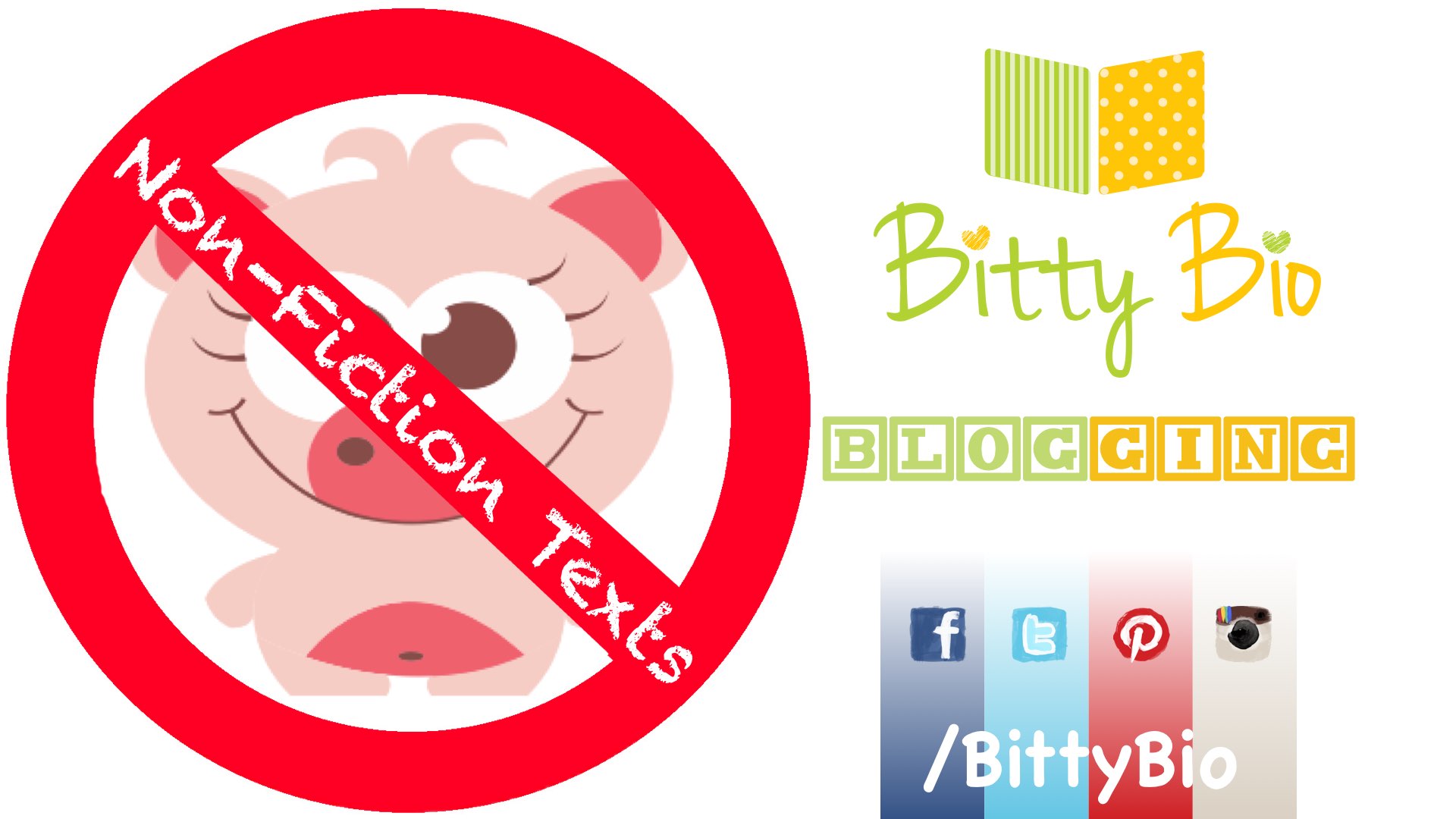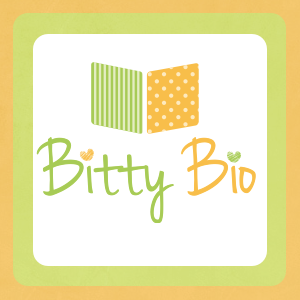Non-Fiction Exposure
26/05/15 09:00 Filed in: Reading
It is important to equip children with informational texts early on in life so that they can be accustomed to it in their later lives. But the benefits don’t stop there, it also helps develop their vocabulary, background knowledge and comprehension skills…


Development of Vocabulary
Building a child’s vocabulary is important because it gives them a voice. You can help encourage that voice and make it more powerful simply by reading non-fiction texts. While it is good to read books about cats, dogs, sheep and cows, this is only one area of vocabulary development and it focuses on the most basic area of conversation. More importantly, once the book is finished, the conversation typically ends. Non-fiction texts are loaded with multi-syllable words, more complex themes and are easier for the parent to relate to which helps with building and extending the conversation. This is where some of the best learning happens. It gives your child exposure to much needed colloquialisms. Our small children know and understand much more than we give them credit for.
Background Knowledge
Learning in schools is usually based on fictional texts where students are supposed to comprehend complex and abstract information and then make personal connections back to the texts. Unfortunately, without a proper background in non-fiction reading and with limited life experiences to draw upon, it is difficult to make these connections. The student has the ability to comprehend fictional texts, but lacks the ability to articulate and make the personal connections required of them to receive the grades needed to move on. Specific research states that non-fiction texts resemble essays, research work and speeches much more closely than fictional texts. If the child has had a lot of exposure to non-fiction texts, they have the background and understanding to complete these tasks more efficiently and effectively. And there is no doubt that when it comes to school, these are very important skills to have.
Comprehension Skills
Research has found that many high school students are not ready for college level reading and the problem is not getting better. To curb this problem, educational experts are of the opinion that informational texts should be introduced at an early age. This helps increase their comprehension of information and continues to build their problem solving and critical thinking skills. The focus of developing a young reader is exposure to different material, be it non-fiction books, magazines or newspapers.
Final Thoughts
It is the duty of parents to ensure that their children are reading non-fiction books. This will expose them to new vocabulary and concepts as they broaden how they view the world. Non-fiction books present a wide variety of topics and information in interesting and engaging ways. Quite simply, to make children better readers, they need to be introduced to a wide assortment of books and be given the opportunity to choose. Being exposed to different words and different images will heighten their engagement level and make them better readers. Hopefully lifelong readers!
The introduction of any texts at an early age helps build a foundation for language and learning. So just go out and read!
Thanks for joining us. Please leave a comment below and share the post.
blog comments powered by Disqus
